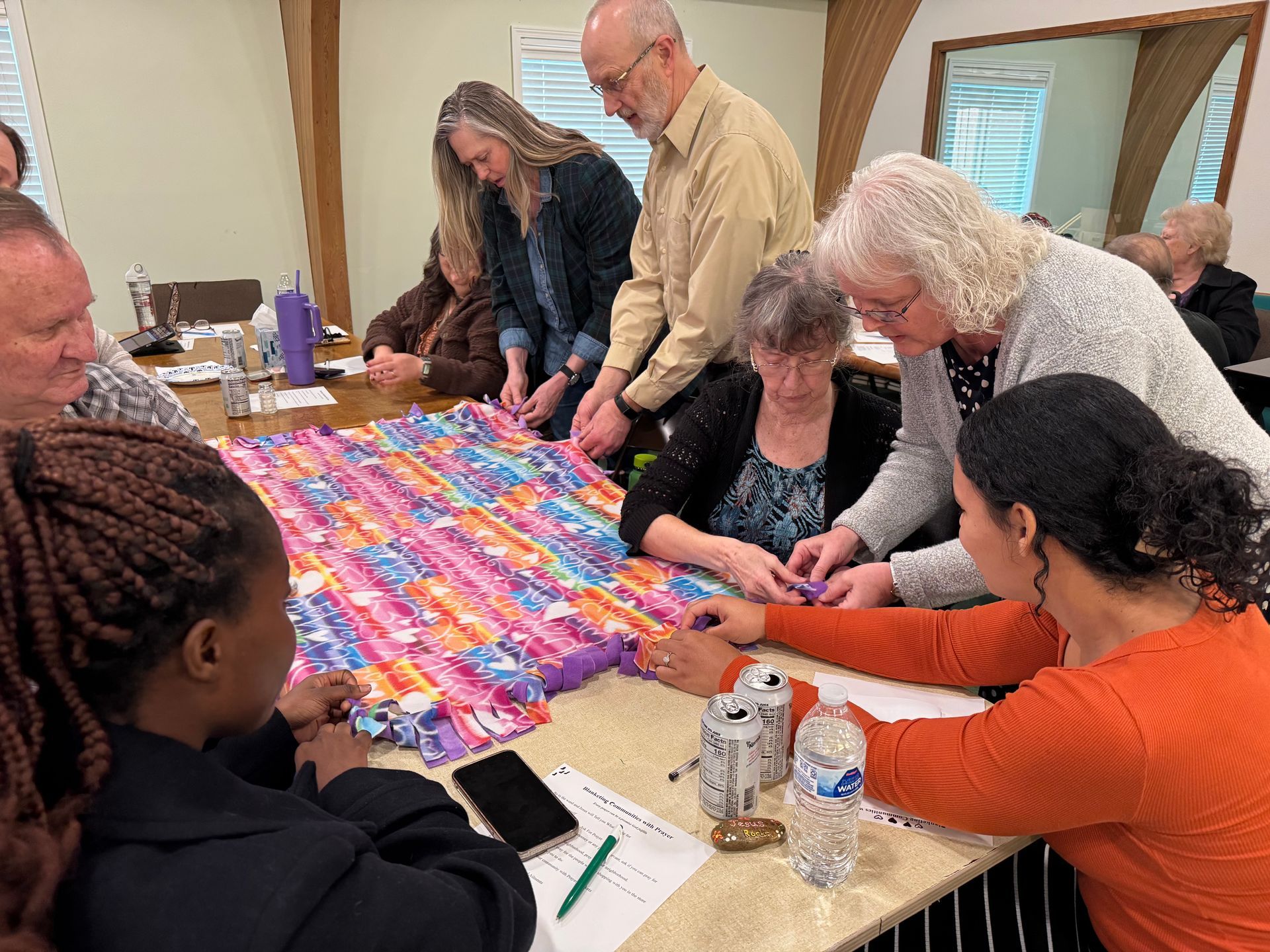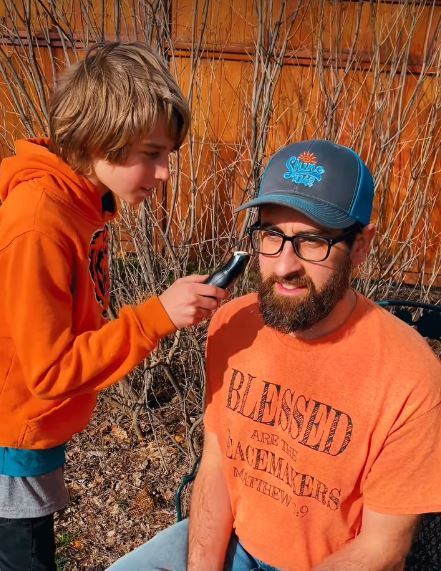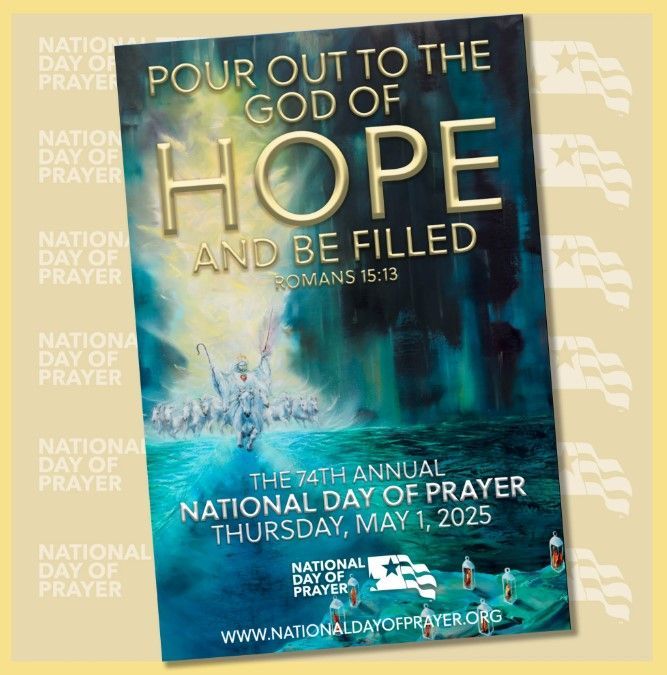Six Ways to Fight the Winter Blues
I was shocked to learn how early the sun set when we first moved to north Idaho many years ago.
By Cindy Williams, RN
Coordinator, Health Ministries
I was shocked to learn how early the sun set when we first moved to north Idaho many years ago. In fact, I had been very excited that I would have no Sabbath work problems when I accepted a position with the local health department. Then November came, the sun started going down earlier and earlier, and I suddenly realized that I did have a Sabbath problem. God worked out a wonderful solution to that problem, but I have never really enjoyed the long dark days. Growing up in Arizona must have spoiled me.
There are some things that research and experience have demonstrated to be helpful for both the “winter blues” and for SAD (Seasonal Affective Disorder).
- Regular exercise. Thirty minutes a day outdoors can make a huge difference in your mental and physical well-being. It is more involved when you have to bundle up first but definitely carries rewards when you do it.
- Getting as much natural sunlight as possible. Arrange to get outside in the middle of the day when the sun is shining.
- Identifying and participating in fun winter activities. Snowshoeing, skiing, cross country skiing, tubing, throwing snowballs, and building a snowman are just a few things that come to mind to do in the winter.
- Vitamin D supplementation. Vitamin D is believed to promote serotonin (a mood-regulating brain chemical) activity. Lower levels of vitamin D may hinder serotonin activity. 1,000 – 4,000 IU of vitamin D3 is recommended for people living in our northern climate. Ask your health care provider about getting your vitamin D level checked to know how much vitamin D you should take.
- Light therapy. This involves sitting in front of a very bright light box (10,000 lux) every day for about 30 minutes. It works best used first thing in the morning. “Happy lights” are fairly easy to find online and in many stores.
- Stress management. Apply as many techniques as you can!
Cognitive behavioral therapy (a specific type of talk therapy) and antidepressant medications are also beneficial for those who have all types of depression, including SAD. Explore these interventions if your depression is severe or if the other ideas don’t seem to make any difference. Please don’t be embarrassed or hesitant to take steps to take care of yourself. You are the only “you” the world will ever have, and we need YOU!
References
http://www.ederma.net/wp-content/uploads/2015/04/Terman-1989-Neuropsychopharm.pdf
https://www.nimh.nih.gov/health/publications/seasonal-affective-disorder/index.shtml
https://www.nhs.uk/conditions/seasonal-affective-disorder-sad/
This article is part of a continuing series of health during these COVID times. For other articles, please see www.uccsda.org/healthministries.
Photo by Sam Wiggle on Unsplash.














